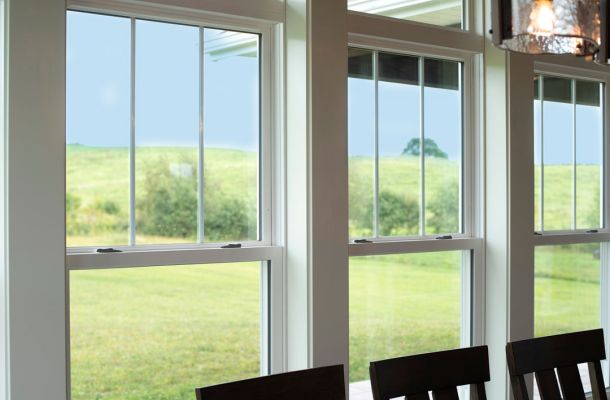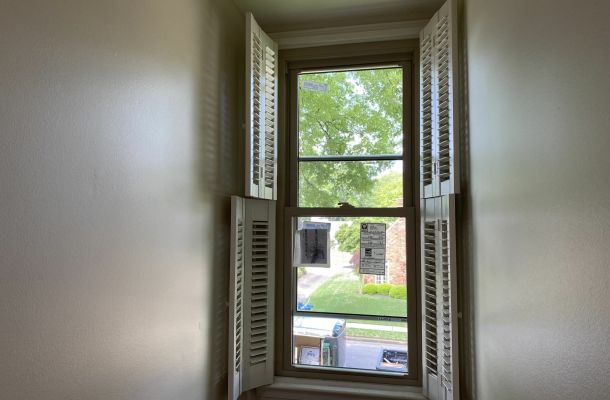How Much Do Replacement Windows Cost?
How Much Do Replacement Windows Cost?
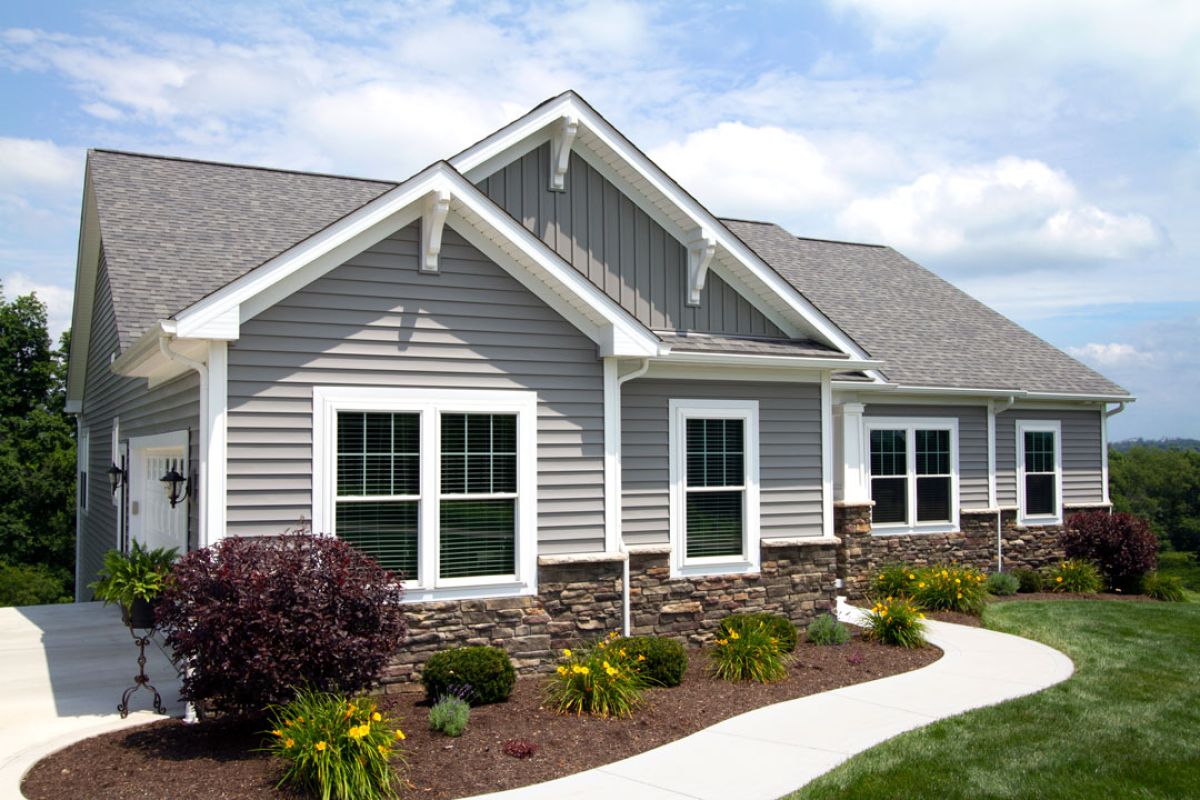
Replacement windows play a crucial role in enhancing the aesthetics, energy efficiency, and overall value of a home. When considering a window replacement project, one of the primary questions that homeowners often ask is: “How much do replacement windows cost?” In this article, we will delve into the various factors that contribute to the cost of replacement windows and provide valuable insights to help homeowners make informed decisions.
Top 3 Factors Influencing Replacement Window Costs
- Window Type and Material
- Size and Style
- Energy Efficiency Features
Window Type and Material
The type of window and the material used are significant factors that influence the cost of replacement windows. Different window types such as single-hung, double-hung, casement, or picture windows come with varying price tags. Additionally, the choice of materials—whether it’s vinyl, wood, aluminum, or fiberglass—can significantly impact both the initial cost and long-term durability of the windows. While vinyl windows are often more affordable upfront, offer great energy efficiency, and require minimal maintenance, wood windows offer a timeless aesthetic appeal but may come at a higher cost and require more upkeep.
Size and Style
The size and style of windows also play a crucial role in determining the overall cost of replacement. Larger windows typically cost more than standard-sized ones due to the increased materials and labor involved in installation. Furthermore, customized features and special architectural designs may incur additional expenses. Homeowners should carefully consider their preferences and budget constraints when selecting the size and style of replacement windows.
Energy Efficiency Features
Investing in energy-efficient features can add to the upfront cost of replacement windows but can lead to significant long-term savings on energy bills. High-quality windows with features such as double or triple-pane glass, low-emissivity coatings, and argon gas fills enhance insulation and reduce heat transfer, thereby lowering heating and cooling costs. While energy-efficient windows may have a slightly higher initial cost, the return on investment in terms of reduced energy expenses can make them a worthwhile investment over time.
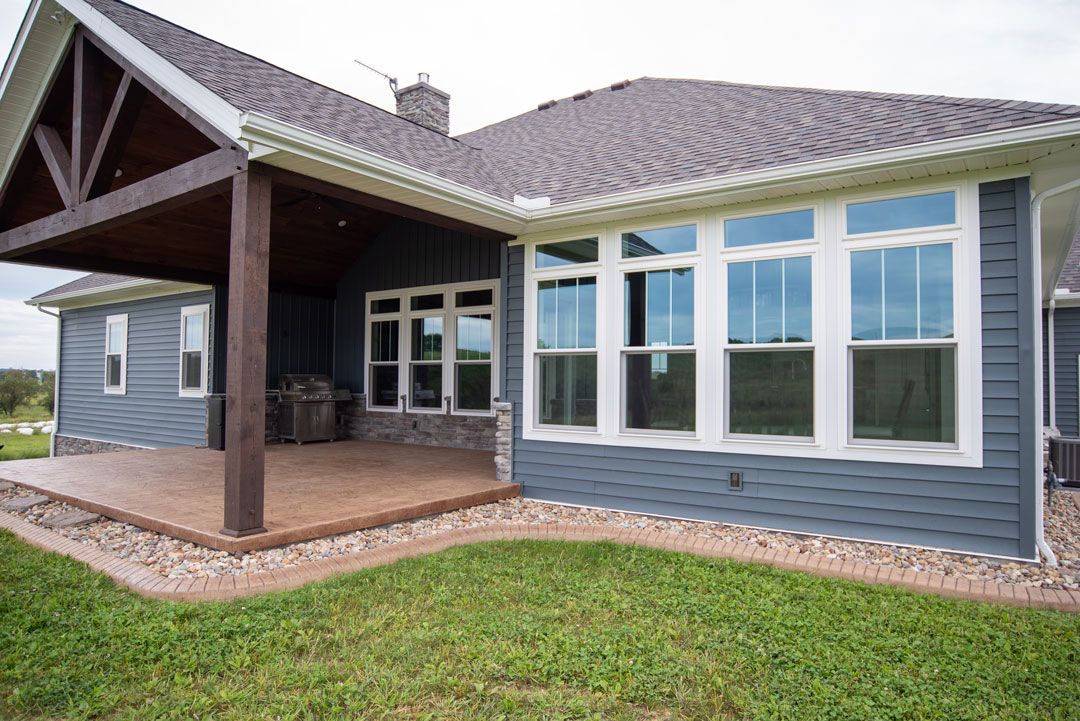
What is the average cost?
The average cost of replacement windows varies on the type and some additional costs that are included.
Standard Window Replacement
The average cost of standard-sized, mid-range replacement windows (not including installation) typically falls within a certain price range. For example, vinyl windows may range from $300 to $700 per window, while wood windows can cost anywhere from $800 to $1,500 per window. It’s essential to consider not only the cost of the windows themselves but also the expenses associated with professional installation, which can vary depending on the complexity of the project and the contractor’s rates.
High-End Window Replacement
For homeowners looking to invest in premium replacement windows with advanced features and materials, the cost can be substantially higher. High-end windows made from premium materials such as fiberglass or architectural-grade wood may range from $1,500 to $3,000 or more per window. Additionally, specialized features such as soundproofing, impact resistance, or custom finishes can further increase the overall expense.
Additional Costs
In addition to the cost of the windows and installation, homeowners should budget for potential additional expenses associated with window replacement. These may include the replacement of window trim or rot repair, disposal fees for old windows, or structural adjustments to accommodate new window sizes or styles. It’s essential to factor in these supplementary costs to ensure a comprehensive budget for the project.
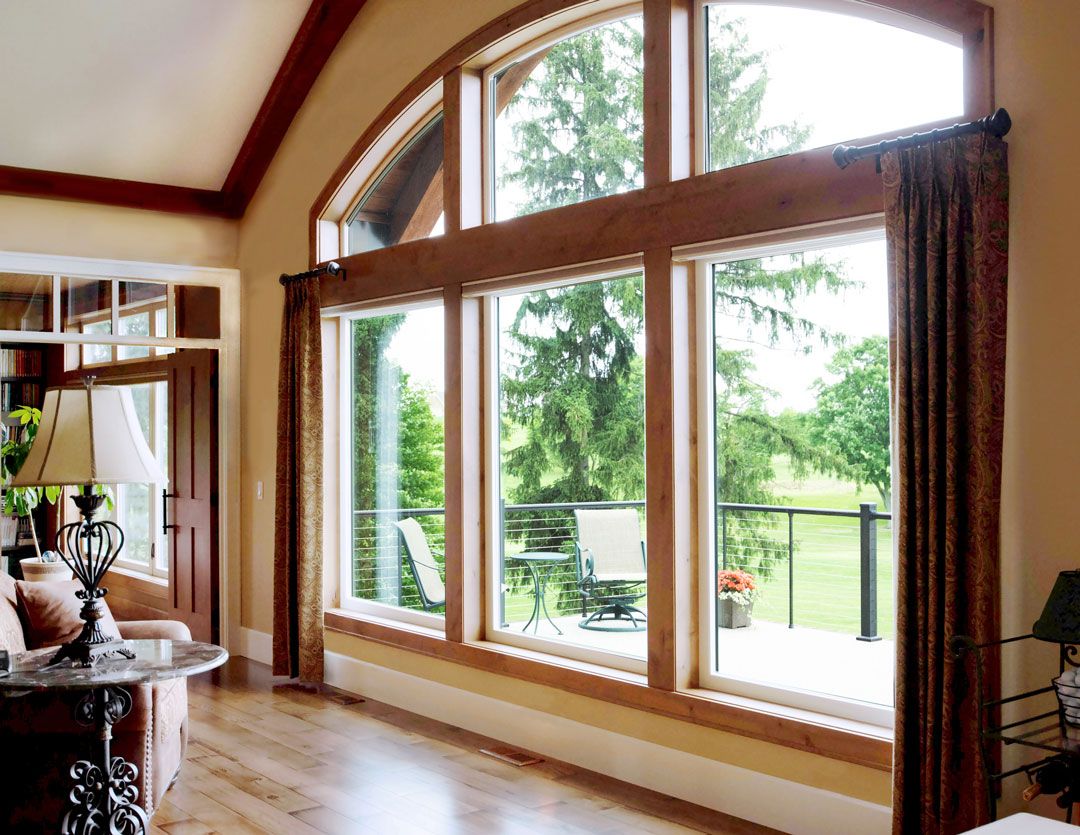
Tips for Cost-Effective Window Replacement
Research and Comparison
To ensure a cost-effective window replacement project, homeowners should conduct thorough research and compare different options in terms of window types, materials, and installation services. Obtaining multiple quotes from reputable contractors allows homeowners to compare pricing and make informed decisions based on their budget and preferences.
Energy Efficiency Incentives
Many government incentives and rebates are available to encourage homeowners to invest in energy-efficient upgrades, including replacement windows. Homeowners should explore potential tax credits, rebates, or financing options offered by local or state agencies to offset the cost of energy-efficient window replacements. Taking advantage of these incentives can significantly reduce the overall expense of the project.
Long-Term Savings
While the upfront cost of replacement windows may seem daunting, it’s essential to consider the long-term savings associated with energy efficiency. Energy-efficient windows can help reduce heating and cooling costs year-round, leading to substantial savings on energy bills over time. By focusing on the long-term benefits of energy efficiency, homeowners can justify the initial investment in high-quality replacement windows.
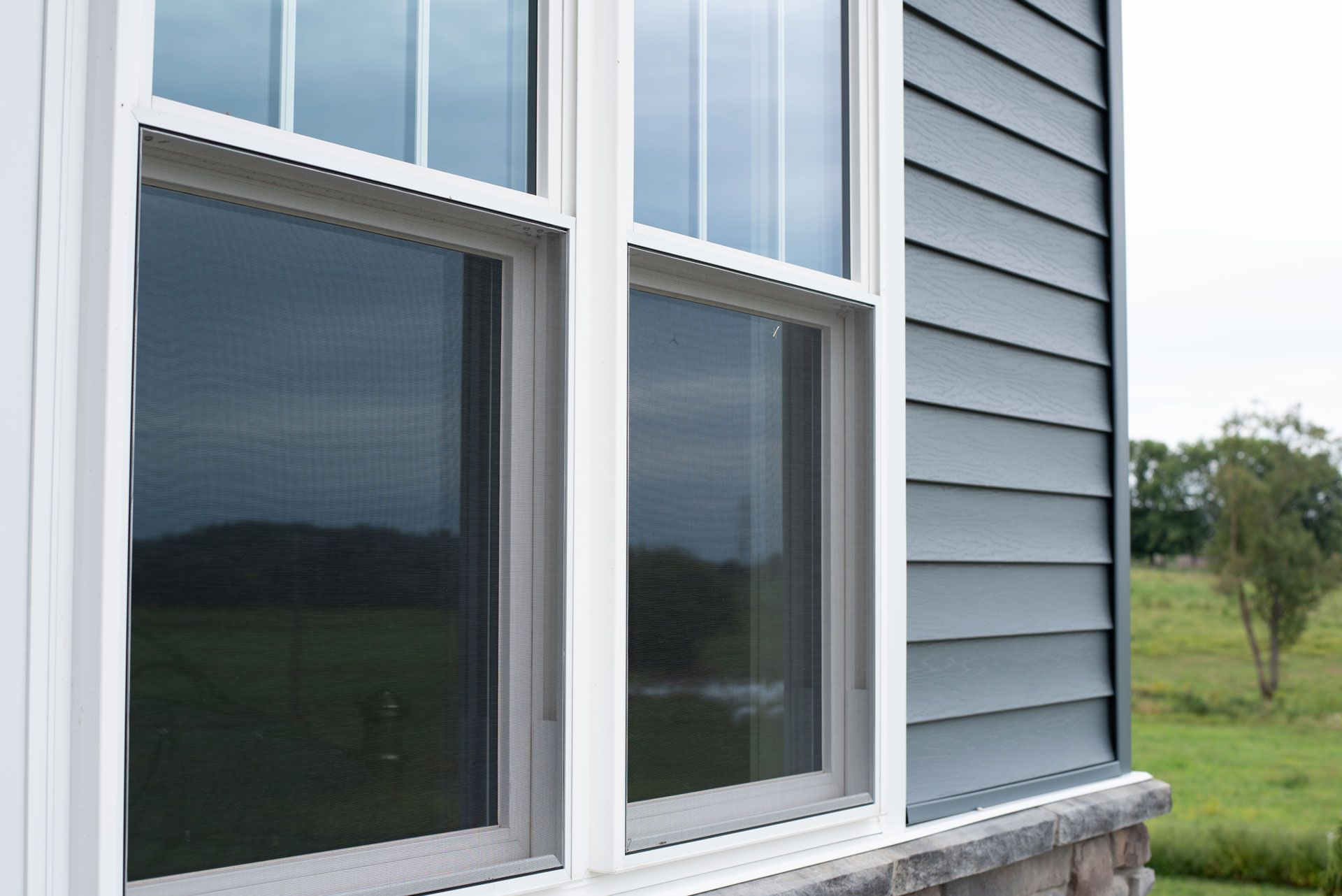
Should You Ask For a Professional Consultation?
Window Inspection
Before embarking on a window replacement project, homeowners should schedule a professional inspection of their existing windows. A qualified contractor can assess the condition of the windows, identify any underlying issues, and provide accurate cost estimates for replacement. This initial consultation helps homeowners plan and budget effectively for the project.
Consultation with Installers
When selecting replacement windows, consulting with professional installers is essential to ensure proper installation and maximize energy efficiency. Experienced installers can offer valuable insights and recommendations based on the home’s specific needs and architectural style. By partnering with reputable contractors, homeowners can streamline the window replacement process and achieve optimal results within their budget.
In conclusion, replacement windows are a significant investment that can enhance the comfort, appearance, and energy efficiency of a home. By understanding the various factors that influence replacement window costs and implementing cost-effective strategies, homeowners can embark on a successful window replacement project that meets their needs and budgetary constraints. Whether opting for standard or high-end windows, prioritizing energy efficiency, and seeking professional guidance are essential steps in achieving long-term satisfaction and value from replacement windows.
